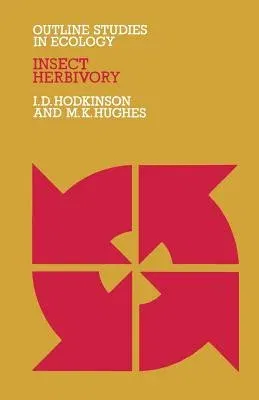I Hodkinson
(Author)Insect HerbivoryPaperback, 21 October 1982

Qty
1
Turbo
Ships in 2 - 3 days
In Stock
Free Delivery
Cash on Delivery
15 Days
Free Returns
Secure Checkout
Part of Series
Outline Studies in Ecology
Print Length
77 pages
Language
English
Publisher
Springer
Date Published
21 Oct 1982
ISBN-10
0412238705
ISBN-13
9780412238703
Description
Product Details
Author:
Book Format:
Paperback
Country of Origin:
US
Date Published:
21 October 1982
Dimensions:
21.59 x
13.97 x
0.43 cm
ISBN-10:
0412238705
ISBN-13:
9780412238703
Language:
English
Location:
Dordrecht
Pages:
77
Publisher:
Series:
Weight:
104.33 gm

